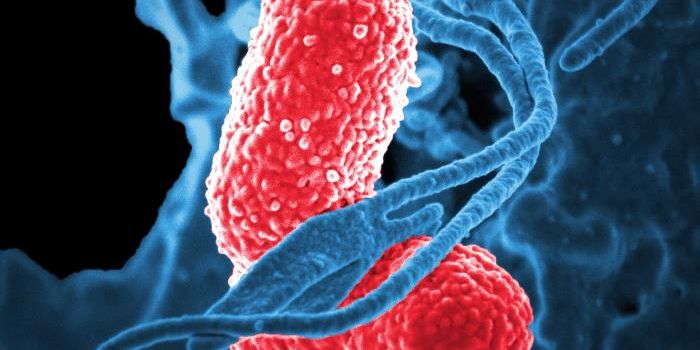It's not uncommon for people to have a glass of wine after a long day, or when at social functions. The choice to have an alcoholic beverage, however, has to be made wisely. There are dozens of studies that show what too much alcohol can do to the body, and it's smart to limit alcohol to reasonable amounts.
Wine and other drinks alter the mind, can impair movement and judgment and are associated with some forms of cancer, but the news is not all bad. A new study from the University of Rochester Medical Center (URMC) suggests that a small amount of wine consumption can actually be beneficial to the brain.
Maiken Nedergaard, M.D., D.M.Sc. is the co-director of the Center for Translational Neuromedicine at URMC. Dr. Nedergaard explained, "Prolonged intake of excessive amounts of ethanol is known to have adverse effects on the central nervous system. However, in this study we have shown for the first time that low doses of alcohol are potentially beneficial to brain health; namely, it improves the brain's ability to remove waste."
The brain has a system of cleansing itself of cellular waste and Dr. Nedergaard, and her colleagues were involved in 2012 research into how that system operates. Essentially, the brain has what's called the "glymphatic" system. It works when cerebrospinal fluid (CSF) flows into the cranium and hooks up with a mechanism that removes interstitial fluid (ISF). The two parts of the process are responsible for clearing the brain of beta-amyloid and tau proteins that are known to be involved in the development of Alzheimer's disease and other forms of dementia.
Nedergaard's team came up with the name "glymphatic" because the process of ridding the brain of waste products involves glial cells. Further research into this process shows that it's more active during sleep, that brain injury, trauma, or stroke can impair performance, and that getting regular physical exercise can improve its efficiency. The recent research was conducted on mice who had been exposed to high levels of alcohol as well as low levels.
The animals who had been in the group receiving more substantial amounts of alcohol over an extended period showed molecular markers that indicated inflammation in astrocytes. These cells in the brain are critical players in the process of ridding the brain of waste. The animals in this group also displayed impaired motor skills and performed poorly on assessments that measured cognitive abilities. The animals that got less alcohol, equivalent to about 2.5 drinks per day for an average person, had less inflammation and a much more efficient glymphatic system of waste removal.
Nedergaard summarized the work stating, "Studies have shown that low-to-moderate alcohol intake is associated with a lesser risk of dementia, while heavy drinking for many years confers an increased risk of cognitive decline. This study may help explain why this occurs. Specifically, low doses of alcohol appear to improve overall brain health." That's happy news for those who enjoy a glass of wine or the occasional cocktail, but of course, it's still a good idea to keep consumption to lower levels. See the included video for additional information.


















































